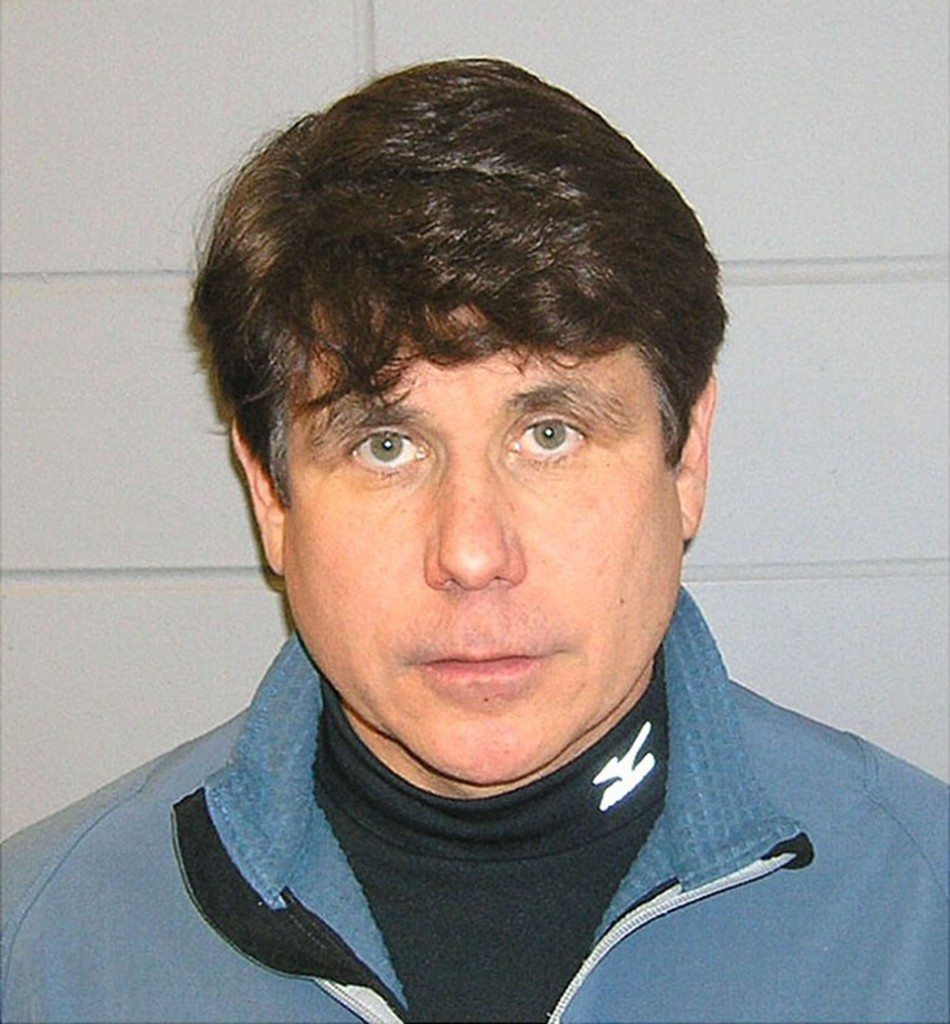
“Nudge, nudge, wink, wink, you know what I mean…” wrote a Chicago federal appeals court last month, quoting a Monty Python sketch in trying to illuminate what is and what isn’t an ethics crime. I can’t decide whether this is a new high or a new low for our republic.
In throwing out some of the convictions of former Illinois Governor Rod Blagojevich for attempting to sell an appointment to an open U.S. Senate seat, the court attempted to make
it clearer what lines can’t be crossed by our public officials. Trading an official public act for a private benefit is a form of bribery, but trading an official public act for another official public act is an “accommodation” without which modern government could not function.
So, “Get this bill passed in the assembly and I’ll get this bill passed in the senate” is definitely okay. “Get this bill passed in the assembly and I’ll hand you an envelope full of cash” is definitely not okay. Somewhere along this spectrum fall each of the high profile arrests and convictions we’ve seen in New York government.
The decision seems unsatisfactory to many, mostly because of the court’s reasoning that an appointment to office, including a senate or even a Supreme Court seat, is still a public act and not a personal or private gain. Blagojevich won’t be paying for behavior that could make even reptiles vomit.
The same week this decision was announced, two more New York senators forfeited their seats upon federal felony convictions. This time it was the Deputy Majority Leader and a former Democratic conference leader. It’s all blurring together for many of us. Recently, there was a series of news stories and editorials expressing outrage at the (very well known) close relationship between Nassau County Executive Mangano and restauranteur, political ally and county contractor Harendra Singh.
There is fretting in political circles from Old Country Road to State Street in Albany that basic political conduct is being slowly criminalized by the feds, that perhaps lines are shifting without warning, catching up officials merely doing accepted Business As Usual.
Note that there is far less talk, chatter and fretting about actually changing accepted Business As Usual.
I am not moved to tears for them. The status quo works for those in the system, and there is little incentive to make anything but cosmetic changes. There is no pressure to create an ethical culture, and so there is no ethical culture. Washington is lost, Albany mostly lost, Mineola probably lost for now. Out of scores of county and town positions that will be on the ballot this fall, you will be able to count on one hand the ones in which both parties are trying to win. The players don’t see themselves as being employed by local voters.
Voters are a distraction.
But the closer to home, the smaller and more local the government unit, the more of a chance you have of creating a strong ethical environment. By “you,” I mean you, the person reading this, not some vague “somebody should do something” person. You. You read a newspaper, you’re in the game. By “ethical,” I don’t just mean not walking out of a meeting with an envelope full of cash, or personal enrichment from a public trust. I mean acting fairly, professionally and with the sense of civic virtue in which Americans used to take pride and which is no longer taught and no longer made a priority. Ethical environments can be fusion reactors for openness, inclusion, accountability, reform and innovation.
And then the pressure can push upward.
We don’t need posters or a slogan-of-the-month. We need a real starting point, a lowest common denominator on which most of us can agree.
Michael Miller (mmillercolumn@gmail.com) has worked in state and local government. He lives in New Hyde Park.
































